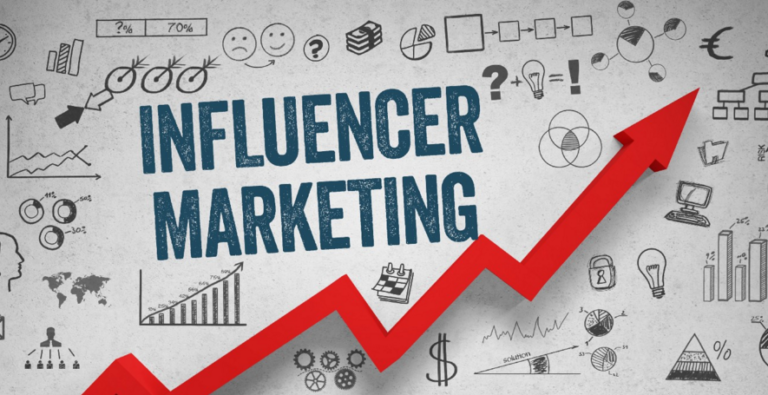Personalization in Marketing: Tailoring Campaigns for Individualized Experiences
In the ever-evolving landscape of marketing, personalization has emerged as a crucial strategy for businesses seeking to connect with their target audience on a deeper level. Gone are the days of generic, one-size-fits-all marketing campaigns.
In today’s digital age, consumers expect brands to understand their preferences, needs, and behaviors, and deliver personalized experiences that resonate with them. This shift towards individualization has given rise to the concept of personalization in marketing, where campaigns are crafted to cater to the unique preferences of each consumer.
Table of Contents
Understanding Personalization in Marketing:
Personalization in marketing involves tailoring campaigns and content to meet the specific needs, preferences, and behaviors of individual consumers. This goes beyond simply addressing the recipient by their first name in an email; it involves leveraging data and technology to create highly targeted and relevant experiences.
By analyzing customer data, such as purchase history, browsing behavior, and demographic information, businesses can gain insights that enable them to create personalized campaigns that stand out in a crowded marketplace.
The Role of Data and Technology:
At the heart of personalization in marketing lies data. Businesses collect and analyze vast amounts of data from various sources, including online interactions, social media, and purchase history. Advanced analytics and artificial intelligence (AI) tools play a crucial role in processing this data, extracting valuable insights, and predicting customer preferences.
Machine learning algorithms, for example, can identify patterns and trends, allowing marketers to anticipate what products or content a specific individual is likely to engage with.
Personalized Email Marketing:
Email marketing is one of the most effective channels for personalized campaigns. Marketers can use customer data to send targeted and relevant content directly to the inbox of each recipient. This can include personalized product recommendations based on past purchases, exclusive discounts on items they have shown interest in, and content tailored to their preferences. By personalizing email campaigns, businesses can increase open rates, click-through rates, and overall engagement.
Dynamic Content on Websites:
Personalization extends beyond email marketing to the very websites that consumers visit. Dynamic content on websites allows businesses to customize the user experience based on individual preferences. For example, an e-commerce site can showcase products that align with a user’s browsing or purchase history, creating a seamless and personalized shopping experience. This level of customization not only enhances user satisfaction but also increases the likelihood of conversion.
Social Media Personalization:
Social media platforms provide another avenue for personalized marketing. By leveraging user data and engagement history, businesses can tailor their social media content to match the interests and behaviors of their audience.
Personalized social media ads, for instance, can be served to users based on their demographic information, interests, and online activities, leading to higher engagement and conversion rates.
Challenges and Considerations:
While personalization in marketing offers numerous benefits, there are also challenges and considerations to be mindful of. Data privacy concerns are paramount, and businesses must ensure that they handle customer data ethically and in compliance with relevant regulations.
Striking the right balance between personalization and privacy is crucial to building and maintaining trust with consumers.
Conclusion:
Personalization in marketing is a dynamic and essential strategy for businesses looking to stay relevant and connect with their audience in meaningful ways. By harnessing the power of data and technology, marketers can create campaigns that resonate with individual consumers, fostering stronger relationships and driving business success.
As the marketing landscape continues to evolve, the ability to deliver personalized experiences will be a key differentiator for brands aiming to stand out in a competitive market.





